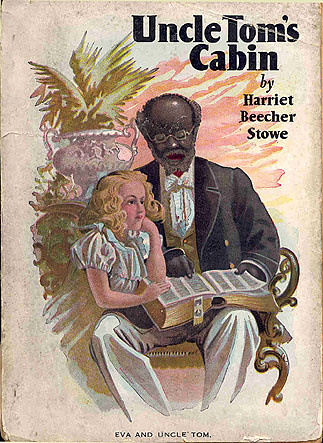Uncle Tom's Cabin went on to sell 300,000 copies in the first year in the U.S. The novel was even more successful in Great Britain, where 1.5 million copies were sold in a year; a figure its publisher claimed was “10 times the sales of any book other than the Bible and prayer book.”
In this video adapted from American Experience: “The Abolitionists” featuring historical reenactments, students learn about the far-reaching impact of Stowe’s writings on the abolitionist movement. They will learn how Stowe’s commitment to the abolitionist cause was strengthened after passage of the Fugitive Slave Act in 1850, and how her best-seller was credited with “putting a human face on slavery” and helping launch the Civil War. WATCH: http://to.pbs.org/1IOJJYA
Like what you read? Follow me on Twitter



 Invisible Man in his apartment with stolen light.
Invisible Man in his apartment with stolen light.